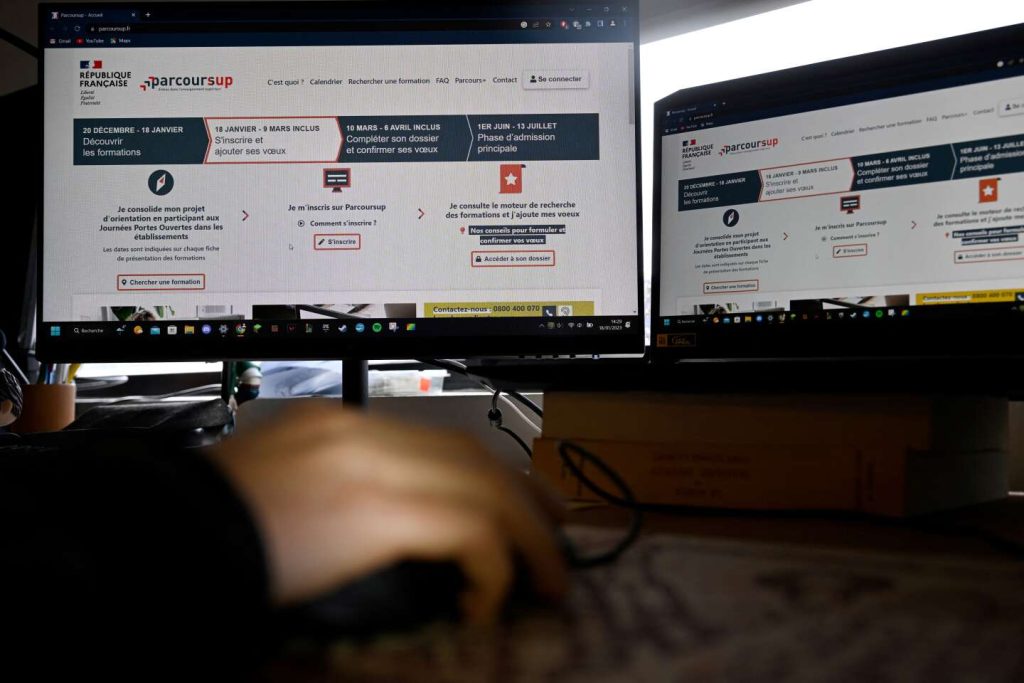The morning of Monday, April 8th saw a discussion in a small, cramped room about access to higher education for some non-EU students. The main focus was on equality in education, and particularly the “inequality” caused by the publication, on February 6th, of a decree and an order in the Official Journal, limiting applications on the Parcoursup platform for foreign students. These measures were considered “discriminatory and xenophobic” by student federations who filed a legal challenge with the Council of State.
The decree states that the Ministry of Higher Education can “limit” the number of choices that can be made by candidates whose studies in France require a visa and who do not have or are not preparing for a French baccalaureate or equivalent diploma. It also allows for the possibility that these candidates may not be able to make choices in certain courses. An order also specifies the specific courses affected, such as BTS, accounting courses, and nursing schools. These are highly sought-after courses on Parcoursup, with a high number of applications compared to available spots.
These popular courses have seen a surge in interest and were therefore subject to restrictions on the number of choices allowed starting in 2019. Candidates can now make five requests within groups of nursing schools, with unlimited sub-choices within each group for French candidates. However, the order changes these rules for foreign candidates, limiting them to three main choices and three sub-choices. This change has been criticized as a loss of opportunity for foreign students and an infringement on the principle of equal chances by student representatives.
The student federations believe that these measures unfairly disadvantage foreign candidates and go against the principles of equality and fairness in education. They argue that these restrictions are a result of underfunding in higher education and should not be placed on the shoulders of foreign students. The restrictions on choices are seen as a significant barrier for non-EU students trying to access popular courses and pursue their academic aspirations.
The case has sparked a debate about access to higher education for non-EU students in France and the challenges they face in navigating the application process. The legal challenge against the restrictions on Parcoursup for foreign students highlights broader issues of discrimination and unequal treatment in the education system. Advocates are calling for a review of these measures and a more inclusive approach to ensure equal opportunities for all students, regardless of their nationality.
Overall, the discussion on access to higher education for non-EU students in France has highlighted the complexities of the application process and the barriers they face. The legal challenge against restrictions on Parcoursup for foreign candidates sheds light on the inequalities that exist in the education system and the need for more inclusive policies. It remains to be seen how this case will be resolved and what implications it will have for the future of higher education in France.


